May 15, 2024 | 08:10 GMT +7
May 15, 2024 | 08:10 GMT +7
Hotline: 0913.378.918
May 15, 2024 | 08:10 GMT +7
Hotline: 0913.378.918
Bac Lieu is one of the leading provinces to develop high-tech shrimp farming in the country. Many models of super-intensive shrimp farming in the province have achieved great results. According to a report of Bac Lieu Department of Agriculture and Rural Development, breeding shrimp in a round tank of 500m2 costs an average of VND1.3 billion/ha bringing an average revenue of nearly VND2.4 billion/ha, and profit of about VND1.1 billion/ha.
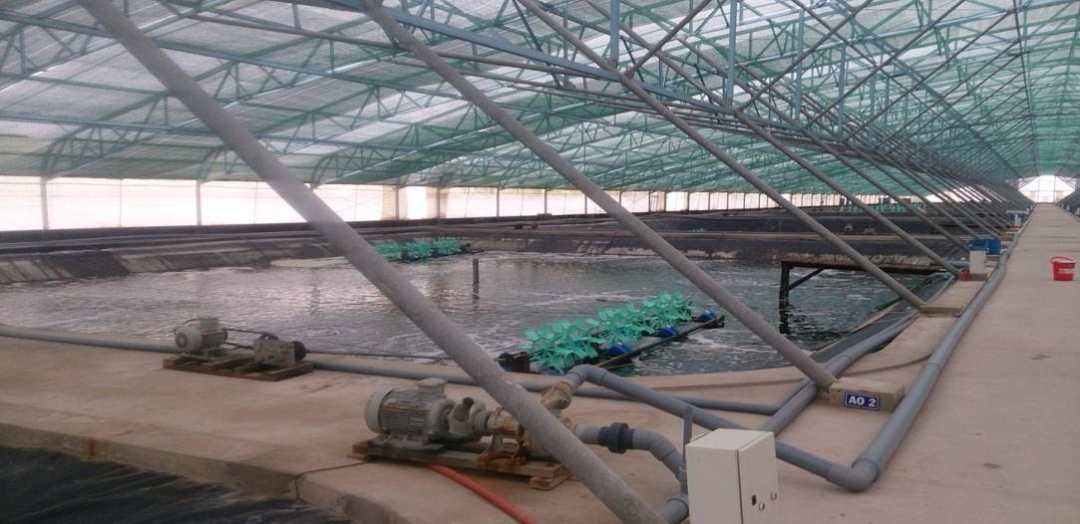
High-tech shrimp farming consumes a lot of electricity, but the electricity infrastructure in farming areas is not guaranteed.
Shrimp farming in ponds covered with canvas, the average profit can only reach about VND890 million/ha (68% of profit rate, 20% breakeven, and 12% loss).
However, according to Mr. Pham Van Thieu - Chairman of Bac Lieu Provincial People's Committee, one of the big difficulties in developing shrimp production in the province today is that the 3-phase power system only covers 40% of the shrimp farming areas in the whole province. Meanwhile, high-tech shrimp farming projects "consume" a lot of electricity.
The situation of coastal erosion occurs while irrigation canals in the southern part of the province are rapidly accreted causing difficulties for farmers to get water for shrimp farming.
Leaders of the agricultural sector in many localities in the Mekong Delta also complained that the epidemic diseases in aquaculture were very complicated; the risk of environmental pollution in aquaculture areas is high, especially in models of super-intensive, intensive, and semi-intensive shrimp farming.
According to a Department of Animal Health (Ministry of Agriculture and Rural Development) report, in 2020, the shrimp farming area damaged by climate changes across the country was more than 3,300ha. In which, more than 2,200ha were in Soc Trang, 370ha in Bac Lieu, 111.7ha in Kien Giang, and 84.52ha in Long An.
Only two diseases of hepatopancreatic necrosis and the white spot had caused damage to more than 1,800ha of shrimp in Soc Trang in 2020.
Also in 2020, the Department of Animal Health coordinated with the provinces of Bac Lieu, Kien Giang, and Soc Trang to conduct monitoring in five commercial shrimp production facilities, to take a total of 394 samples, including 197 shrimp and 197 environmental samples for testing to find pathogens that caused AHPND, IHNND, EHP, and WSD.
Mr. Nguyen Van Long - Deputy Director of the Department of Animal Health said that the surveillance results showed 137 out of 394 samples were positive for pathogenic bacteria, accounting for 34.77%. In which, positive samples among shrimps were 63/197 (31.98%), and among environmental samples were 74/197 (37.56%).
Results of surveillance for other diseases found that 54/197 shrimp samples (27.41%) were positive for EHP; 5/197 shrimp samples (2.54%) positive for WSD and 4/197 samples (2.03%) positive for IHNND.
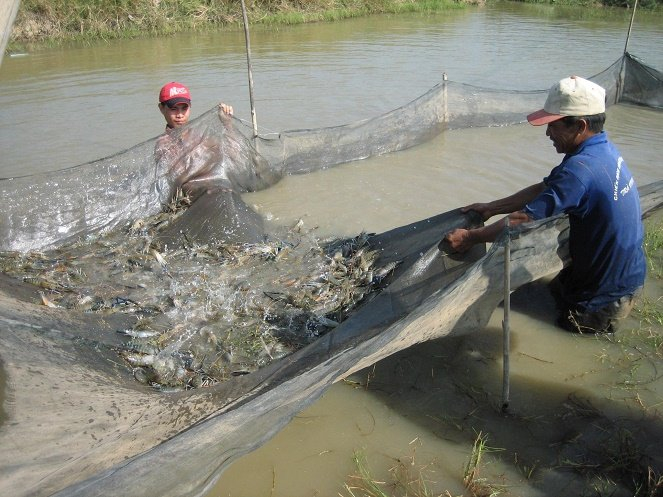
The scale of shrimp farming in the Mekong Delta provinces is still fragmented and small.
In commercial shrimp farming, some diseases are circulating at a high rate, of which AHPND is the highest, followed by EHP, WSD, and IHNND.
Therefore, shrimp farms should pay attention to the warning of veterinary authorities, especially to use disease-free seed, combined with treatment of ponds and water supply before releasing the shrimp; and at the same time organize proactive disease surveillance during the rearing process.
Mr. Chau Cong Bang - Deputy Director of Ca Mau Department of Agriculture and Rural Development shared that currently, local shrimp hatcheries and hatcheries can only meet 50% of the farmers and businesses’ demands. The remaining has to be imported from outside, so it is difficult to control the quality and price of the shrimp. In addition, prices of many input materials in the first 6 months of 2021 increased by 10-20%, even some items increased by 30% compared to the same period last year. As a result, producers face many difficulties.
Although the dyke system has been invested by the Ministry of Agriculture and Rural Development and the province, it has not yet met the actual needs. Not only that, the current shrimp production scale is very small and fragmented, as evidenced by the fact that on an area of 280,000ha of shrimp farming in the province, up to 160,000 households are involved.
As reported by the Vietnam Agriculture Newspaper, currently, the progress of granting codes to confirm registration for shrimp farms has not achieved high results. For example, in Ben Tre, up to now, the province has granted codes for 696 farming ponds, but mainly catfish ponds, while brackish water shrimp ponds are granted with a very low rate (less than 10%) of the total number of ponds despite the Provincial People's Committee had directed the agricultural sector to granted codes for 100% of brackish shrimp farming households by the end of 2022.
The localities proposed the Ministry of Agriculture and Rural Development to submit to the Government to amend Decree 26 in the direction of decentralization and decentralization of powers to district and provincial governments to be allowed to appraise and issue codes for shrimp farming ponds.
At the same time, it is proposed to create conditions so that ponds within the scope of aquaculture planning (even though the procedures for land use conversion have not yet been carried out) are still granted codes for management and traceability. product. If so, surely the progress of issuing codes for ponds and farming facilities will be much faster.
In addition, the provinces also proposed the Department of Animal Health to coordinate with the General Department of Fisheries to strengthen environmental monitoring, warning and disease prevention to make timely recommendations with high accuracy. Thereby, guiding people to proactively handle the environment and better prevent disease.
Translated by Huy Son
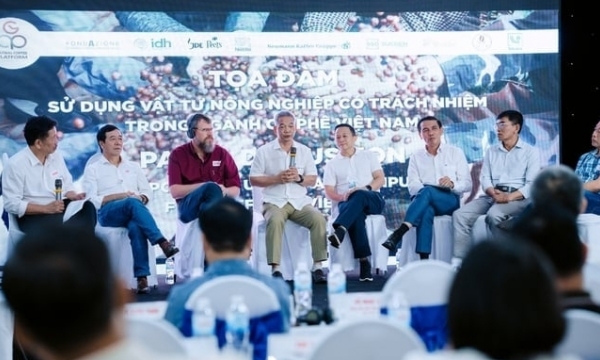
(VAN) The Global Coffee Platform (GCP) recently hosted a multi-stakeholder panel discussion on responsible use of agro-inputs in coffee production in Vietnam
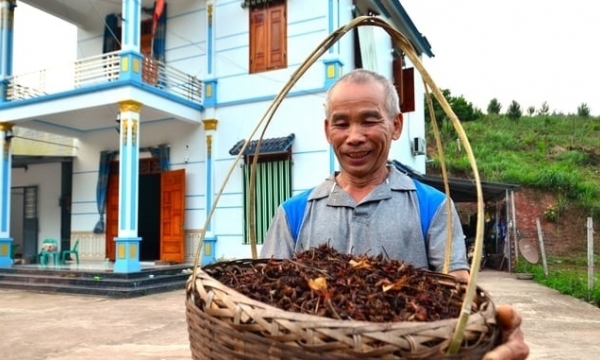
(VAN) Vietnam's Agriculture Newspaper engaged in a discussion regarding forest-based economic initiatives with Mr. Nguyen Huu Hung, General Director of Lang Son's Sub-Department of Forest Protection.
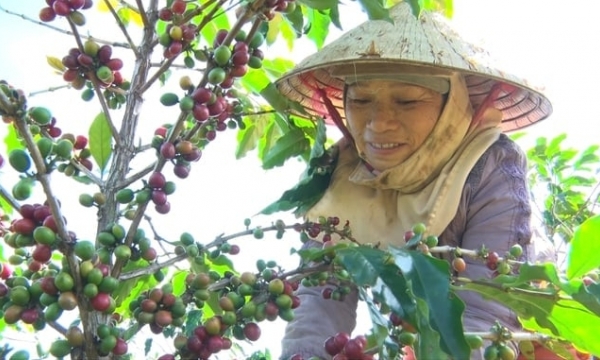
(VAN) The project is expected to increase the average income by 40% for approximately 2,000 coffee-growing households in the conversion of 2,500 ha.
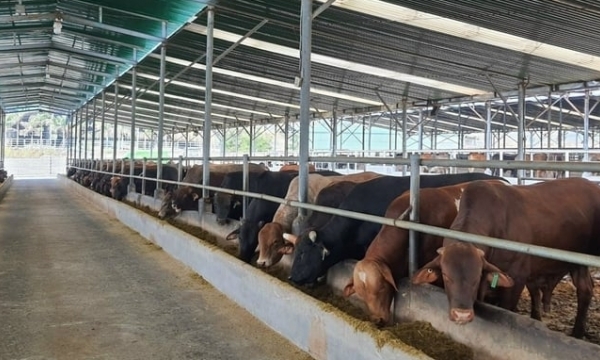
(VAN) The Animal Husbandry Association of Vietnam proposed the incorporation of the livestock sector and facilities in the current greenhouse gas inventory list.
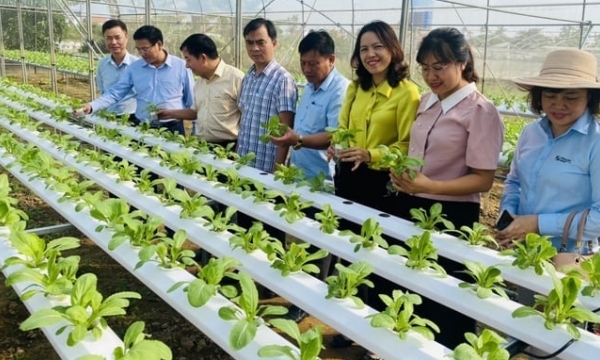
(VAN) By employing modern hydroponic technologies in vegetable farming, Thai Son Cooperative has doubled its profit in after the first crop.
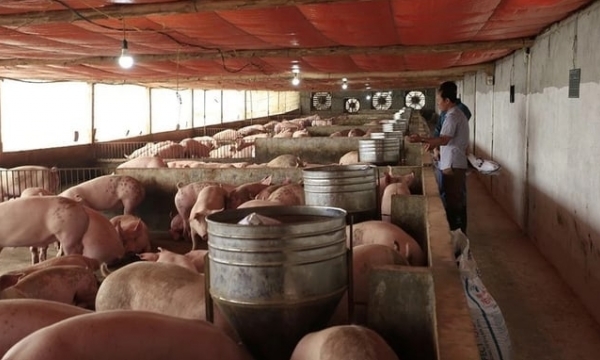
(VAN) Environmental sanitation and disease prevention measures contribute to the development of livestock, resulting in increased benefits and income for farmers.
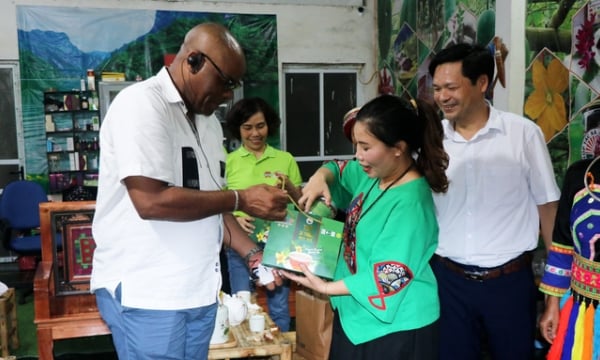
(VAN) FAO in Vietnam assesses that cooperatives and cooperative groups in Bac Kan province have improved their production organization capacity and have many effective and environmentally friendly models.